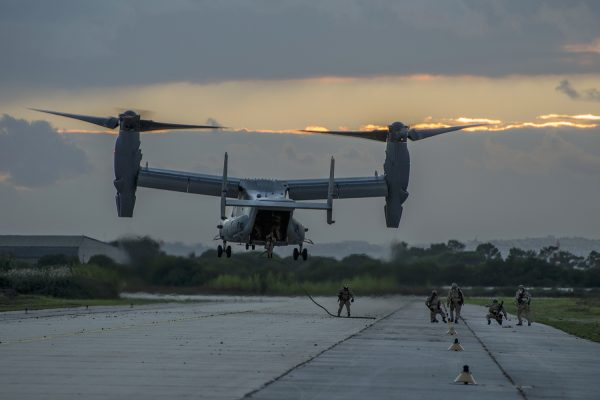
Nine European countries have agreed to establish a joint military intervention force. The proposal came from French president Emmanuel Macron.
The European Intervention Initiative is separate from the EU and NATO, allowing the United Kingdom, which is leaving the European Union, to take part.
Belgium, Denmark, Estonia, France, Germany, the Netherlands, Portugal and Spain will also provide troops.
Italy, under a new populist government, has backtracked on its initial support but not ruled out joining later.
Win for France
France has long called for a European defense union without the Americans. As Walter Russell Mead has explained, it would enable France — Europe’s biggest defense spender — to offset Germany’s economic and political preponderance:
It plays to a French strength and a German weakness — the Germans do not really want much defense responsibility, especially if that came at the price of a lot more defense spending. It opens the door to fiscal relief by the back door — France could reasonably push the case that its burden of defense spending in the common EU interest should give it some more budgetary room — its defense spending, in other words, should at least be partly exempted from eurozone budget rules. And, by supporting the French arms and high-tech industry, the European defense initiative boosts the French economy.
Britain for years blocked a European army for fear of weakening the transatlantic relationship. Brexit has changed that calculation. It is now desperate to maintain close military ties with France.
What about NATO?
NATO is wary, but Secretary General Jens Stoltenberg has welcomed the initiative as one that can “complement and actually reinforce” the alliance.
I argued the same last year. Especially now that Donald Trump has called America’s commitment to Europe’s security into doubt, a European military force complements NATO’s own high-readiness unit, established in 2014, to deter Russian adventurism in Eastern Europe.
What about the rest of the EU?
It is still going ahead with the Permanent Structured Cooperation, which involves 23 of the bloc’s 28 (soon to be 27) member states.
In addition to raising defense spending, its priorities are:
- Raising collective defense investment;
- Avoiding competition between European defense contractors;
- Harmonizing procurement requirements as well as technical and operational standards without jeopardizing interoperability with NATO; and
- Simplifying and standardizing cross-border military transport (a military “Schengen”).
